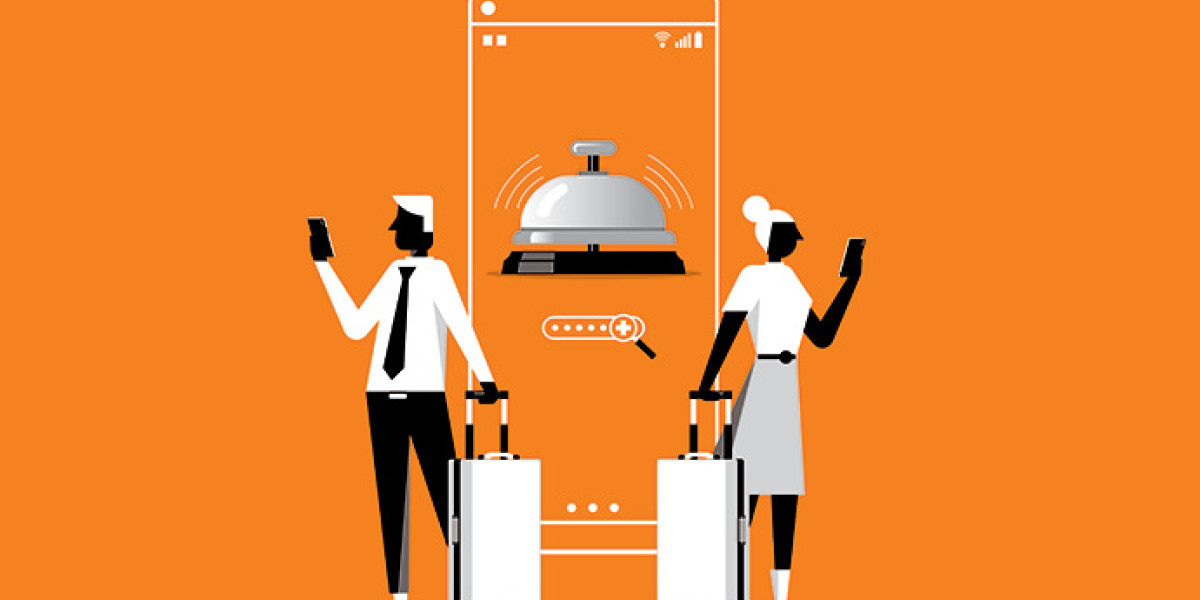As the hospitality industry prepares to convene at London Tech Week (9 - 13 June), leading workforce management platform Planday is calling on operators to step up their investment in artificial intelligence (AI) to help bridge the gap between technological potential and daily reality for hospitality teams.
In new research conducted by Planday, as part of its recent Manager’s Toolkit campaign, a survey of 2,000 UK shift workers found that while 88% believe technology could improve their work, just 36% say the tools they currently use are very useful. Meanwhile, 94% of hospitality managers believe their employer should be investing in AI – a sign that both frontline and leadership teams are eager for change.
What’s more, only 62% of hospitality managers feel they have the right tools and technology to make sure they’re compliant (with legal working regulations, for example) leaving a huge proportion of managers feeling uncertain in this area. With regulations constantly changing and the risk of fines for getting it wrong, it’s essential that hospitality businesses are confident in their compliance.
Founded by two shift workers to make scheduling and staff communication easier, Planday wants to spotlight how AI and high-performance tech can become a powerful enabler for hospitality businesses – improving guest experiences, increasing operational efficiency and raising staff satisfaction.
‘AI is not here to replace people, but to make their jobs easier and more efficient’, says Will Meadows, VP of Experience Design at Planday. ‘By starting now, hospitality leaders can stay ahead of the curve and unlock tangible benefits for both customers and employees.’
In an AI masterclass earlier this year, Meadows outlined three key ways AI will likely be used in the industry in the future:
- Streamline operations: AI tools can act like personal assistants, helping managers forecast inventory needs, optimise bookings, and reduce costs. The result: smoother operations and better resource use.
- Personalise guest experiences: By analysing guest preferences and behaviours, AI allows businesses to offer truly tailored experiences – from dietary needs to room settings – that drive loyalty and satisfaction.
- Boost staff satisfaction: AI can take over time-consuming admin like scheduling and payroll, letting employees focus on the human side of hospitality. Happier staff = better service and lower turnover.
- Meadows also shared key insights on how hospitality businesses can begin adopting AI into daily life:
- Start small: Try accessible tools like ChatGPT or Claude for marketing support, event planning or guest communications.
- Map the guest journey: Identify where automation can free up staff to focus on exceptional service.
- Invest in team education: Encourage workshops, share resources, and promote an open dialogue about how AI can support people, rather than replace them.
By embracing AI and investing profit shares in the technology, businesses will reap the rewards of streamlined operations, high guest satisfaction and better return rates, and boost staff satisfaction and retention in the process. Although the conversation around AI is still divisive, small steps to understand the options available are essential so companies can keep up with competitors and prepare for the future of the hospitality sector, whatever that may hold.






